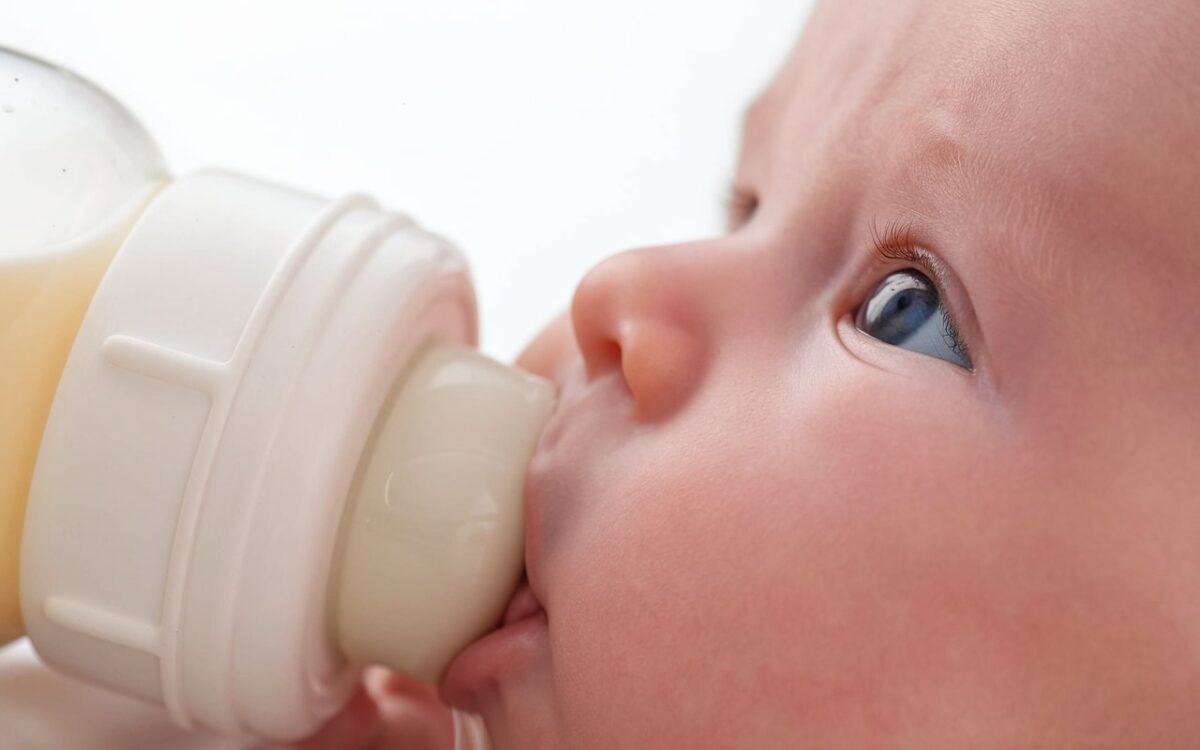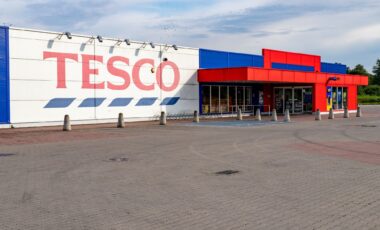The UK’s Competition and Markets Authority (CMA) has proposed major reforms to the baby formula market, recommending standardised packaging in hospitals and allowing parents to use loyalty points and gift vouchers to buy formula.
The regulator’s findings follow a year-long investigation into soaring prices and limited consumer choice, as three companies—Danone, Nestlé, and Kendal—control over 90% of the market.
Despite recognising affordability concerns, the CMA has opted against imposing a price cap or profit-margin limit, arguing such measures could inadvertently drive prices higher. Instead, it has outlined five measures to improve market transparency and help parents save up to £300 a year by switching to lower-cost brands.
Standardised packaging and clearer pricing in shops
The CMA has recommended that baby formula provided in hospitals should come in unbranded packaging, aiming to reduce the influence of marketing on vulnerable new parents.
According to the watchdog, many parents make long-term brand choices at a moment when they lack clear and impartial information, often assuming that a higher price means better quality.
“Many parents who need, or choose, to formula feed pick a brand at a vulnerable moment, based on incomplete information,” said Sarah Cardell, chief executive of the CMA. “This is despite NHS advice stating that all brands will meet your baby’s nutritional needs, regardless of brand or price.”
Beyond hospitals, the CMA proposes displaying all formula brands together in retail settings to make price comparisons easier.
According to its research, manufacturers raised prices by up to 36% in two years during the UK’s cost of living crisis, while also increasing profit margins. By highlighting affordability and reinforcing that all formula meets the same nutritional standards, the CMA hopes to encourage more price-conscious decision-making.
No price cap but tougher restrictions on advertising
While consumer groups had called for a price cap on formula products, the CMA ruled out the measure, citing “significant risks.” According to the regulator, such a cap could push cheaper products closer to the price ceiling, reducing affordability for low-income families.
However, it suggested that the government could reconsider a cap if its proposed reforms fail to improve affordability.
The watchdog has also recommended extending advertising restrictions to follow-on milk for older babies. Current UK regulations already prohibit formula advertising and in-store discounts to prevent discouraging breastfeeding, but follow-on milk—marketed for babies over six months—remains widely promoted.
The CMA argues that limiting these promotions could prevent misleading marketing tactics that influence parental choices.









